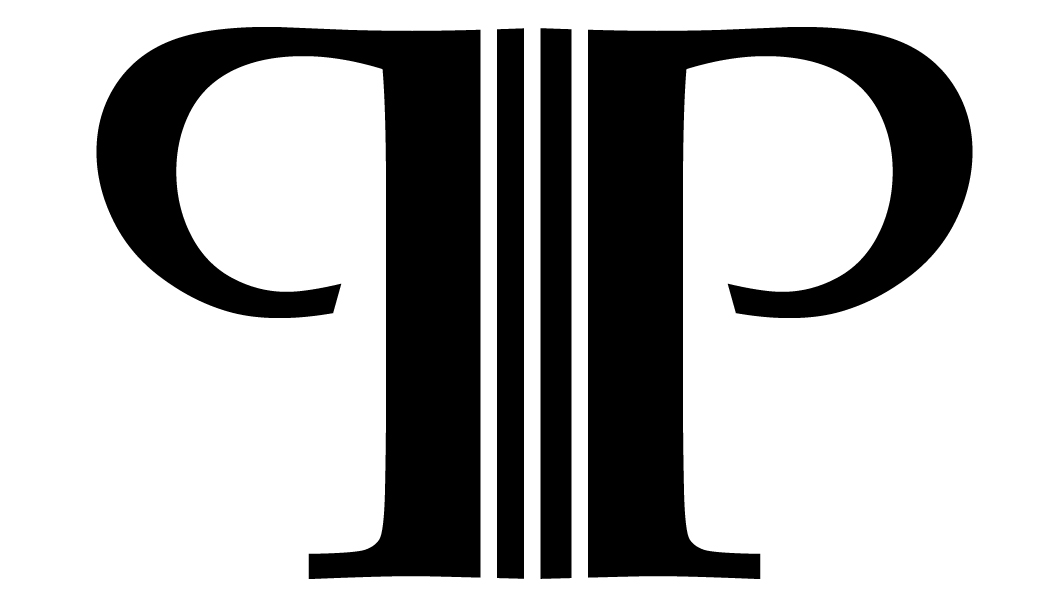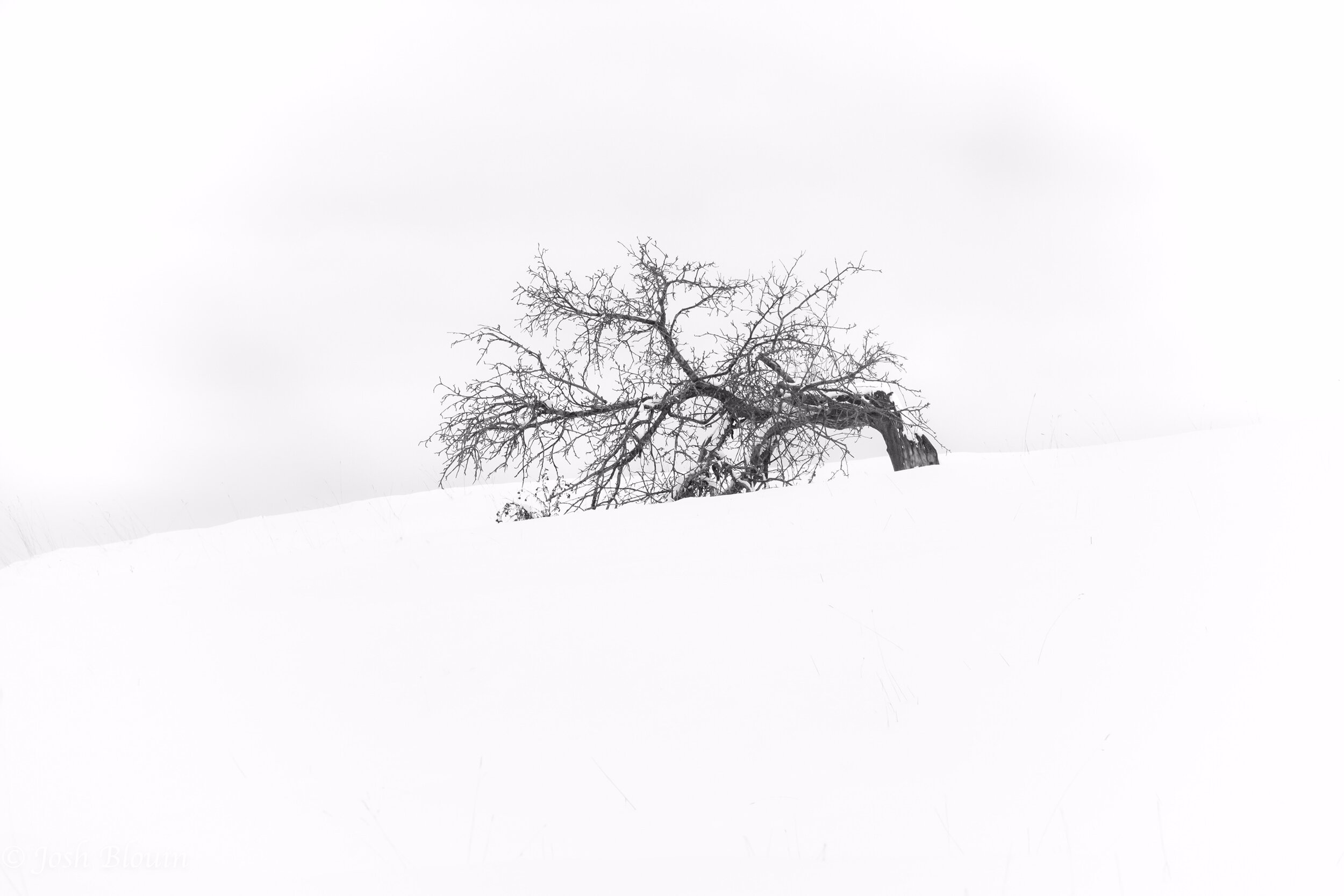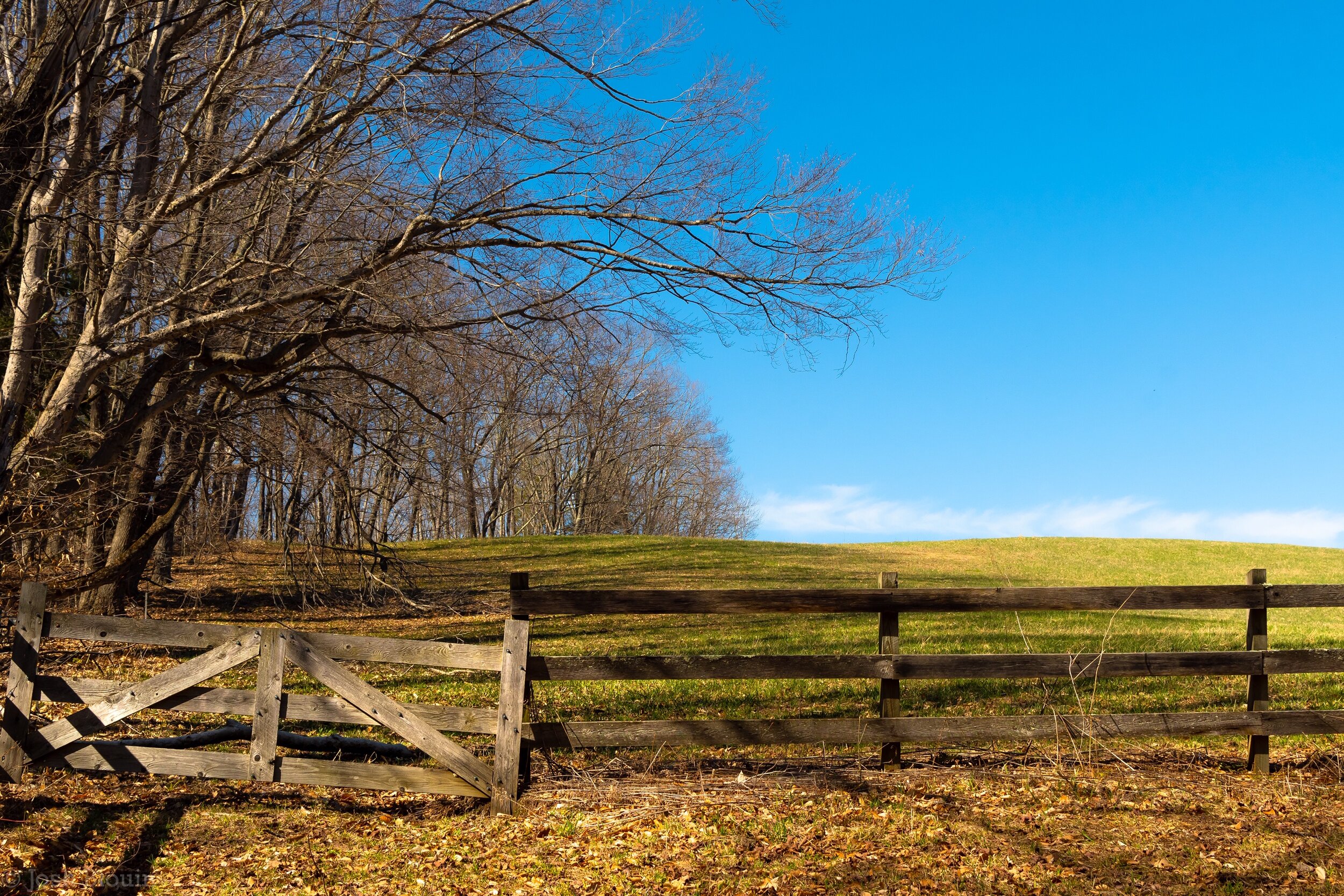The snow fell here in mid-December. We all cheered because we so needed the holiday season to have some sparkle. It came surreptitiously in the night, rather Santa-like, defying the micro-weather forecasts of no snowfall for our region. We woke in the morning to over eight inches, the grinding of the plow going past and Mother Nature laughing.
We had almost two weeks of snowpack. We got to enjoy the festive look on our wreaths and trees, and kids were outside sledding giving parents a well deserved breather. Then Christmas Eve day, Mother Nature started to chuckle again and dumped a steady cold rain on our heads throughout that day and into Christmas. And, like with all things in 2020, regardless of circumstances, time continued moving forward.
For a performing musician, Covid stopped all work. We turned to each other, on Skype, with quizzical looks, what do we do now? Rehearsals stopped mid-rehearsal, music was returned after holding out for months - just in case - and then there was a profound silence.
At the time it seemed peaceful to have evenings to myself. It felt so strange to have each night of the week free. Performances that had been scheduled a year in advance teetered, unsure of whether to try to have the show go on. We twittered about it online only to make the judicious decision to go silent. I would sit down at my stand to practice and wiffle through my music trying to find my way back without any sense of direction.
This went on for a while as spring blossomed into summer, until I realized something had to change, and that something was me.
We had/have no idea of how long it would be before we could pick up concertising again so perhaps it was time to follow the lead of the rest of life and pare back to necessities; scales, etudes, old and new performance works. I began to find the purpose in myself, rather than in the gig coming up, purpose in my desire to work on being the best musician possible. My days began to take shape around my daily practice schedule and, like with all exercise, I felt my muscles ache and then begin to grow with the discipline. I found that I had time that I had not had in a long while to focus on hearing, intonation, expression, reading and the musician in me responded. It felt amazing to find the joy and pleasure in making music for just me. The applause was internal and as good as any I had before.
I began adding some of this into my teaching. Jen, David and Judy joined the online Covid Cello Project and learned how to utilize practice technique and bring that into the real world. Meg, who has struggled with performing, began playing her instrument for friends and family- using her music to speak. Ellen lifted her music to the universe under the summer skies as a gift to us all. Purpose in the joy- what a revelation.
Listening to VPR in the car the other day, the hosts were talking about the morphing of Covid 19 into another strain of the virus in the UK. The virus is learning quickly to adapt. Its goal is survival. So is ours and so we too must adapt: as people, parents, politicians, musicians.
Something has morphed in me. There is a calm, a stillness in the work that was not there before. It is as if I can see through the notes on the page directly to the meaning written there. Without the added distraction from the outside, my focus is sharpened. I can be the musician that I am right this moment.
After the Christmas rain, trees newly bare again, it felt like November. My sheep sloshed around in cold muck and there was a pallor of anger hanging over us. Cheated again. And again.
Last night the wind came down the mountain, a slow moan crescendo-ing into a roar as it swatted the tree tops round. Somewhere in that roaring I thought I heard laughter.
This morning we woke up, peeked outside and it was if the clock had been turned back- everything was covered in white once again.
Perhaps one of the lessons in our experiences this year is recognizing that it is not just the virus that is capable of morphing into another strain of itself. Who we were does not have to be who we are. We have the freedom to change course, we don't need permission from anyone else to do that. Pre-Covid we could be one kind of parent, Post Covid we have morphed into another. Pre-Covid we did one kind of work, Post Covid perhaps we have discovered new talents we didn't realize we had, love we didn't know was as abiding as it is, patience and perseverance we did not know we possessed.
You and I decide the kind of musician and person we want to be. Sometimes clarity comes when it is preceded by confusion and frustration. As Maya Angelou reminded us, “Chaos today, does not dictate chaos tomorrow.”
Melissa Perley















